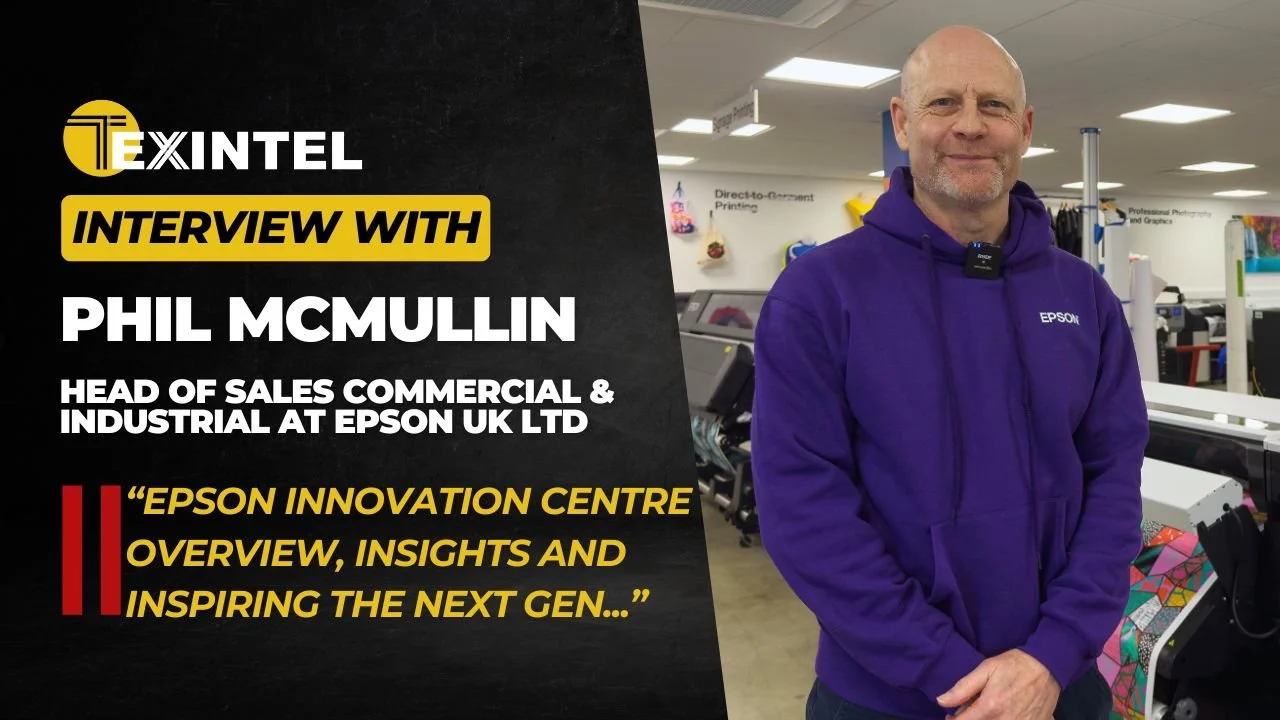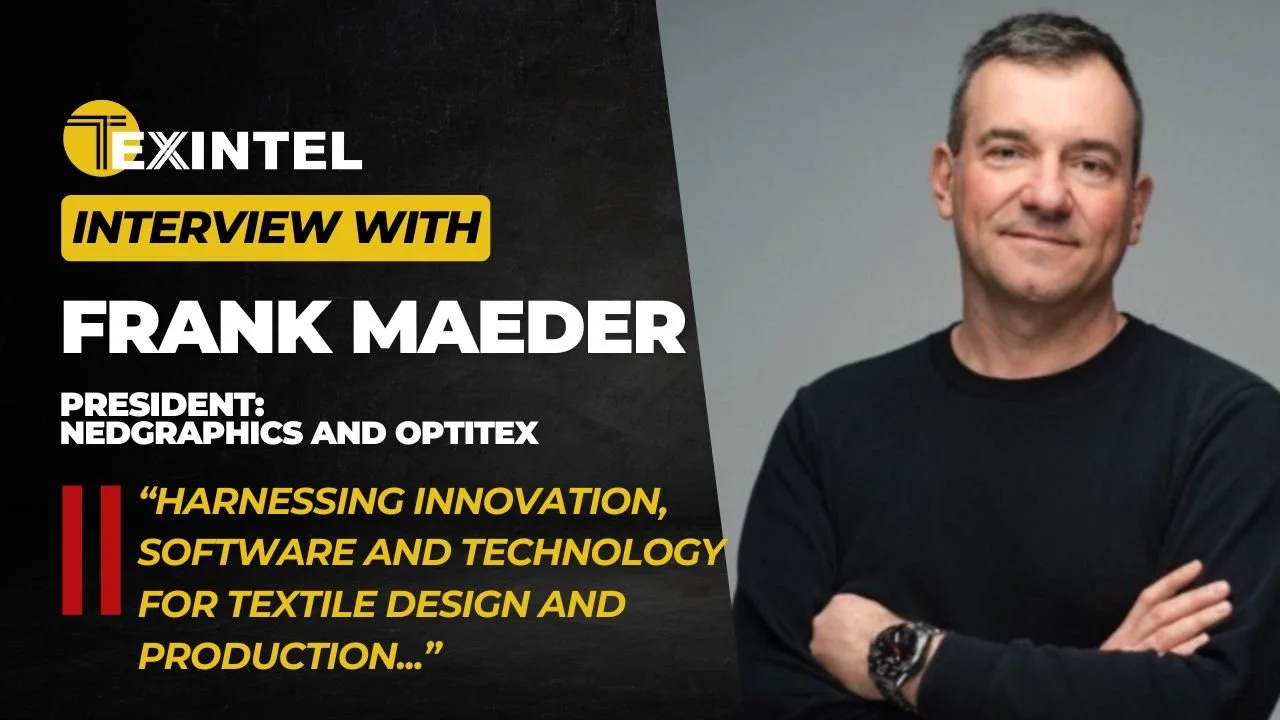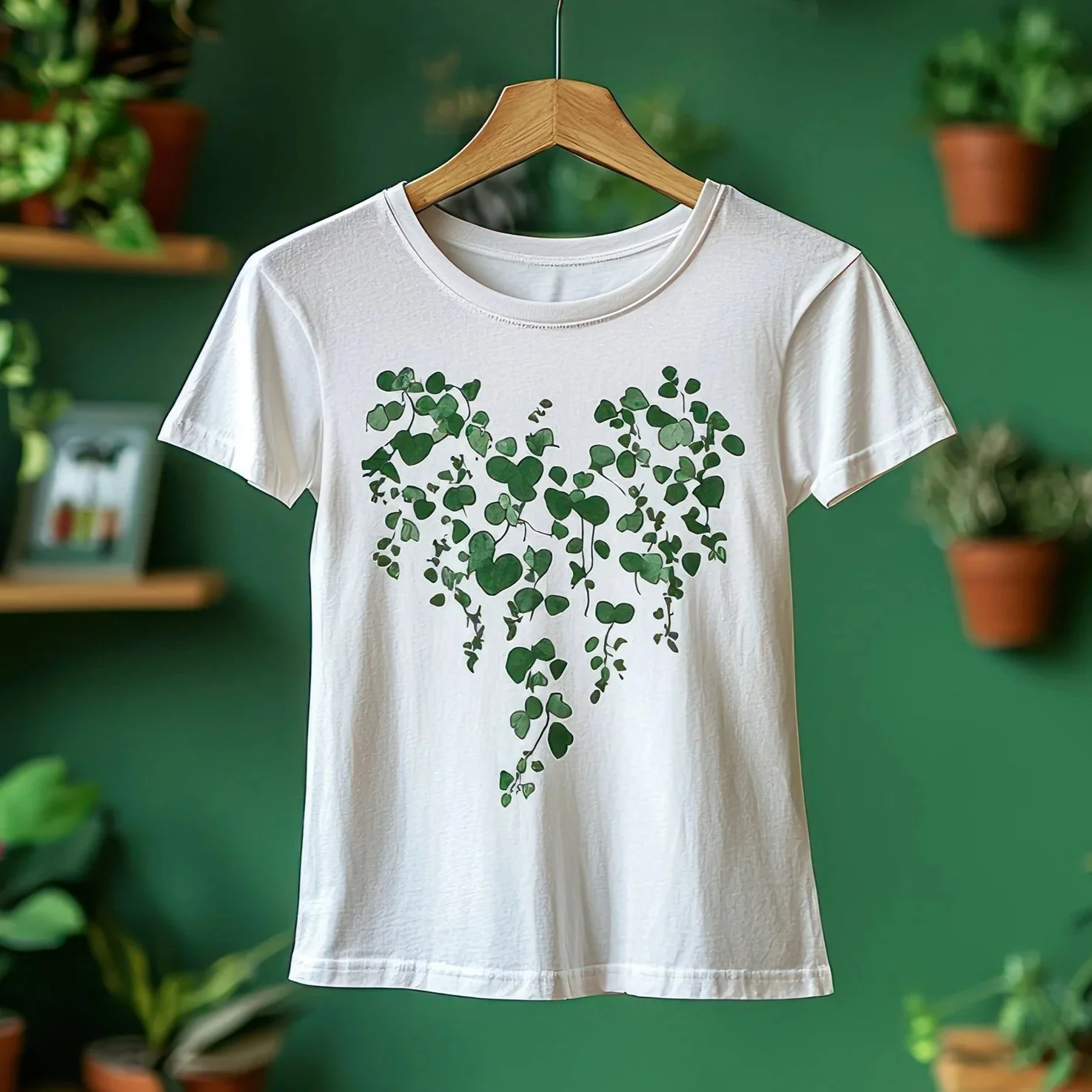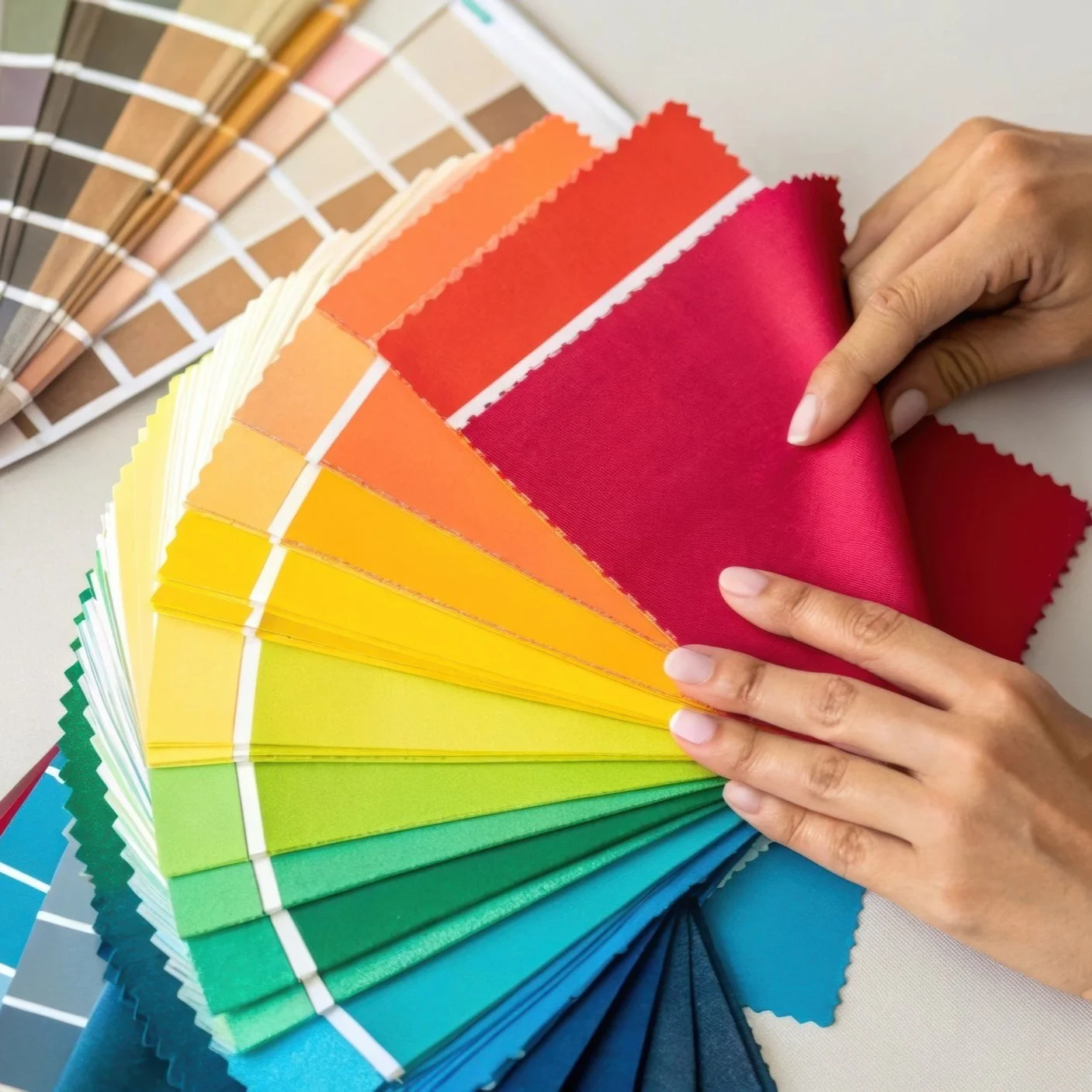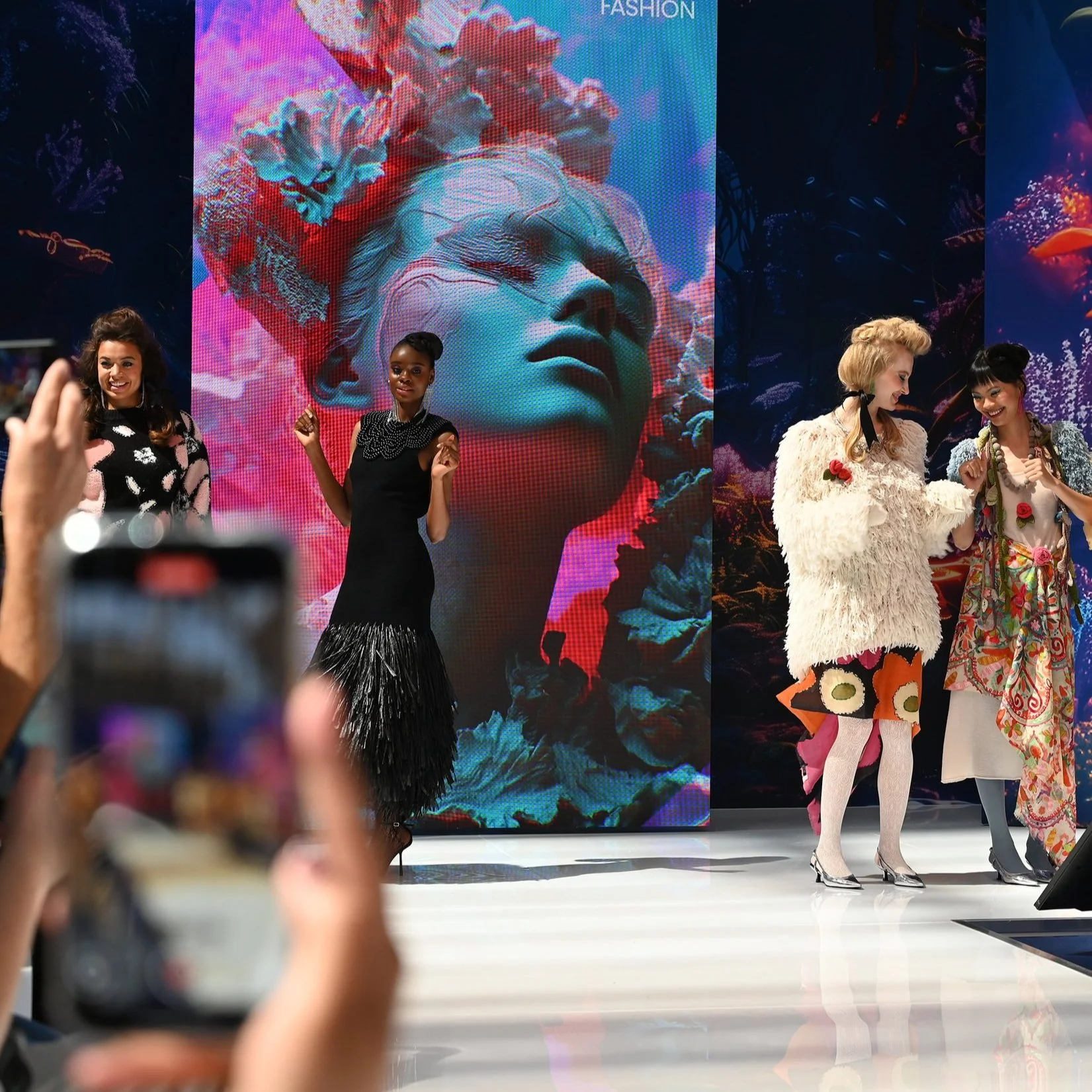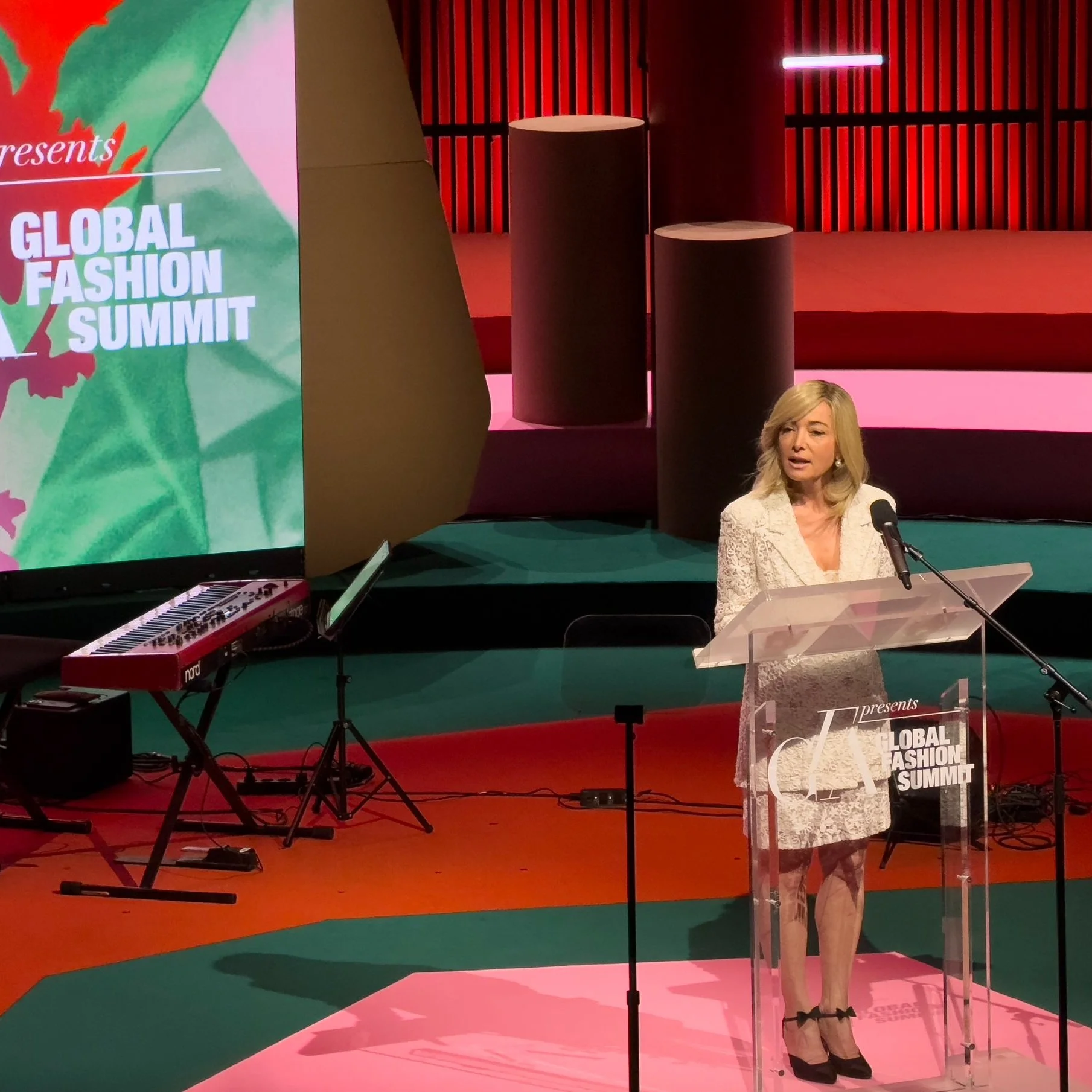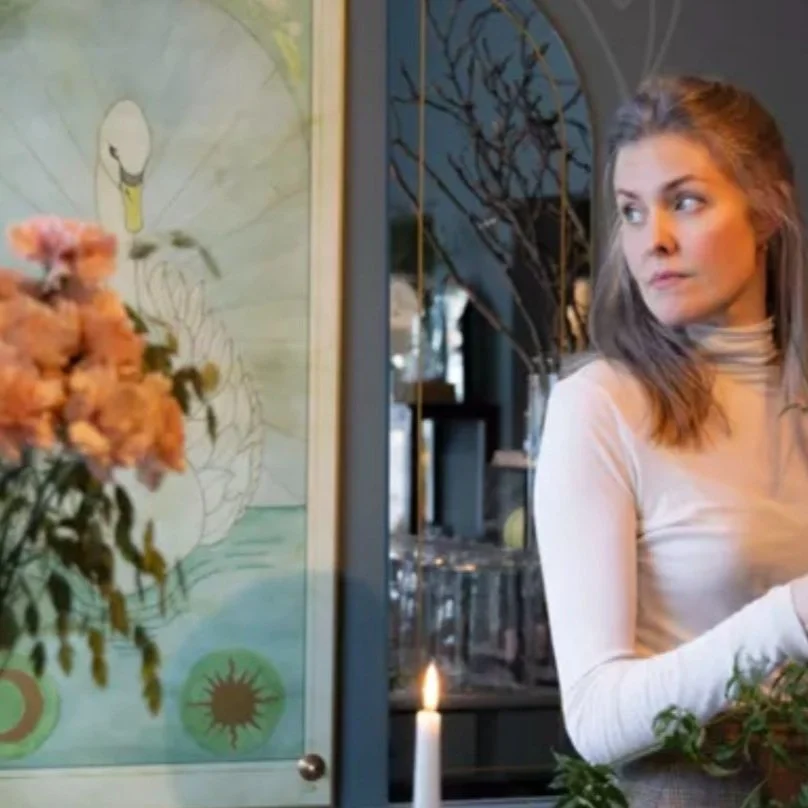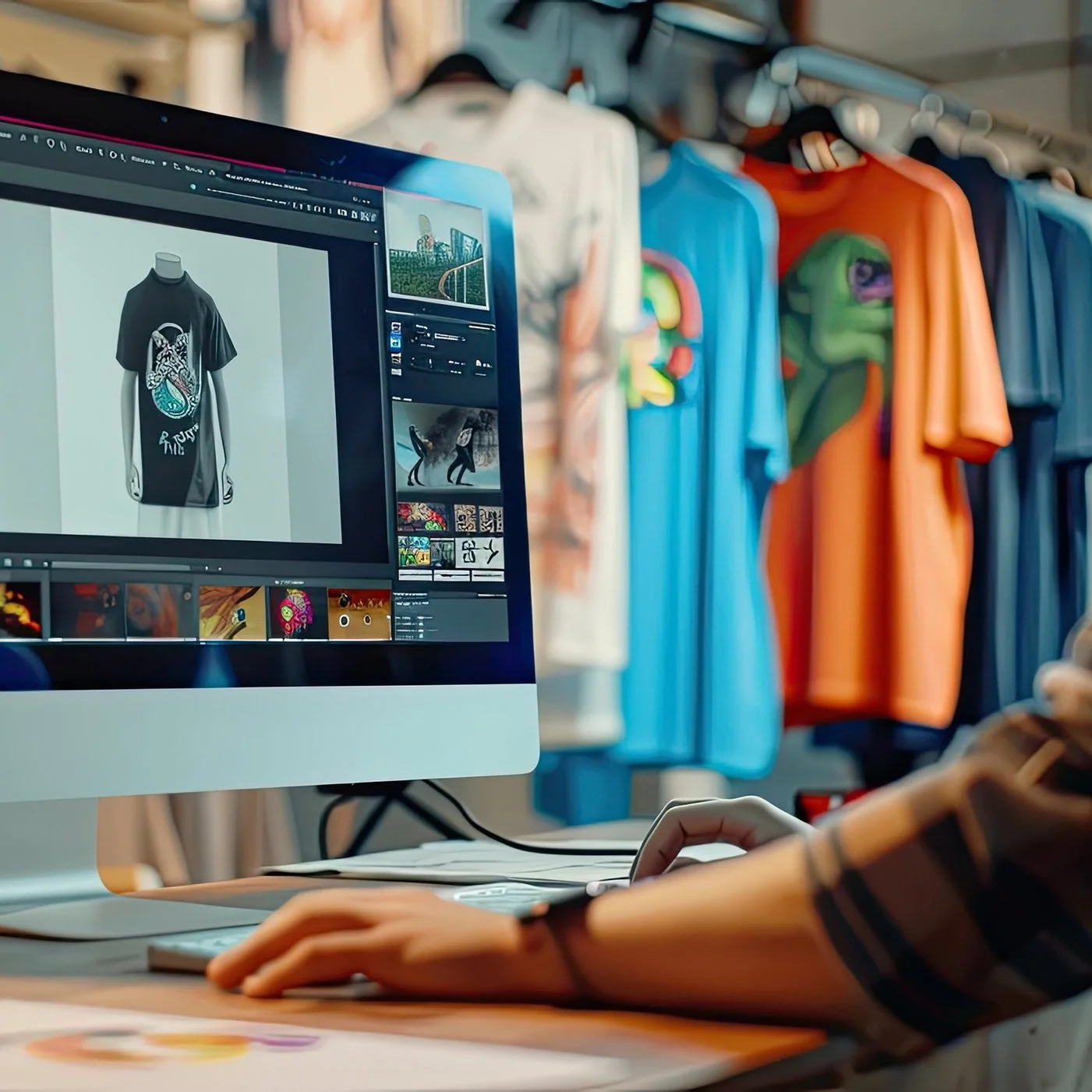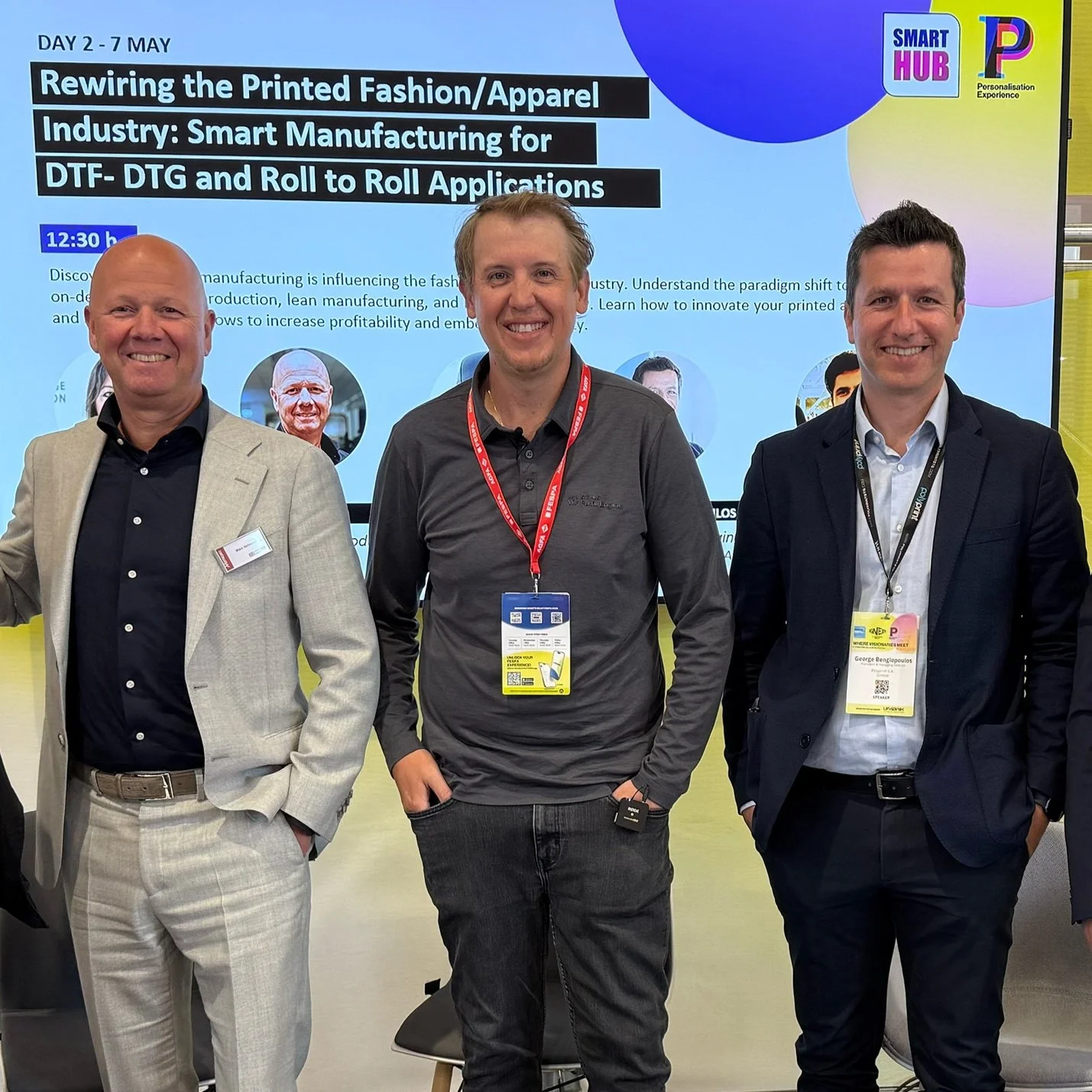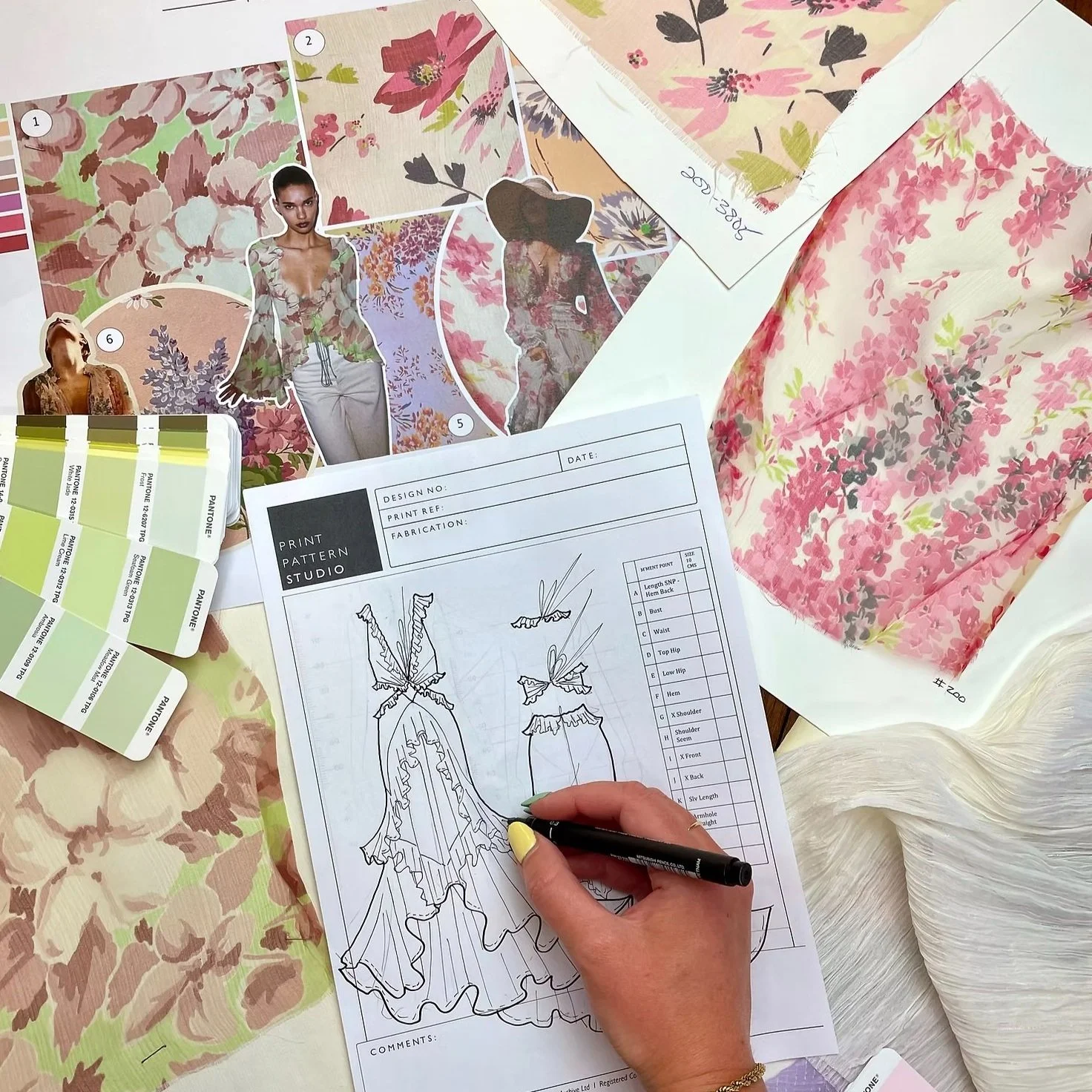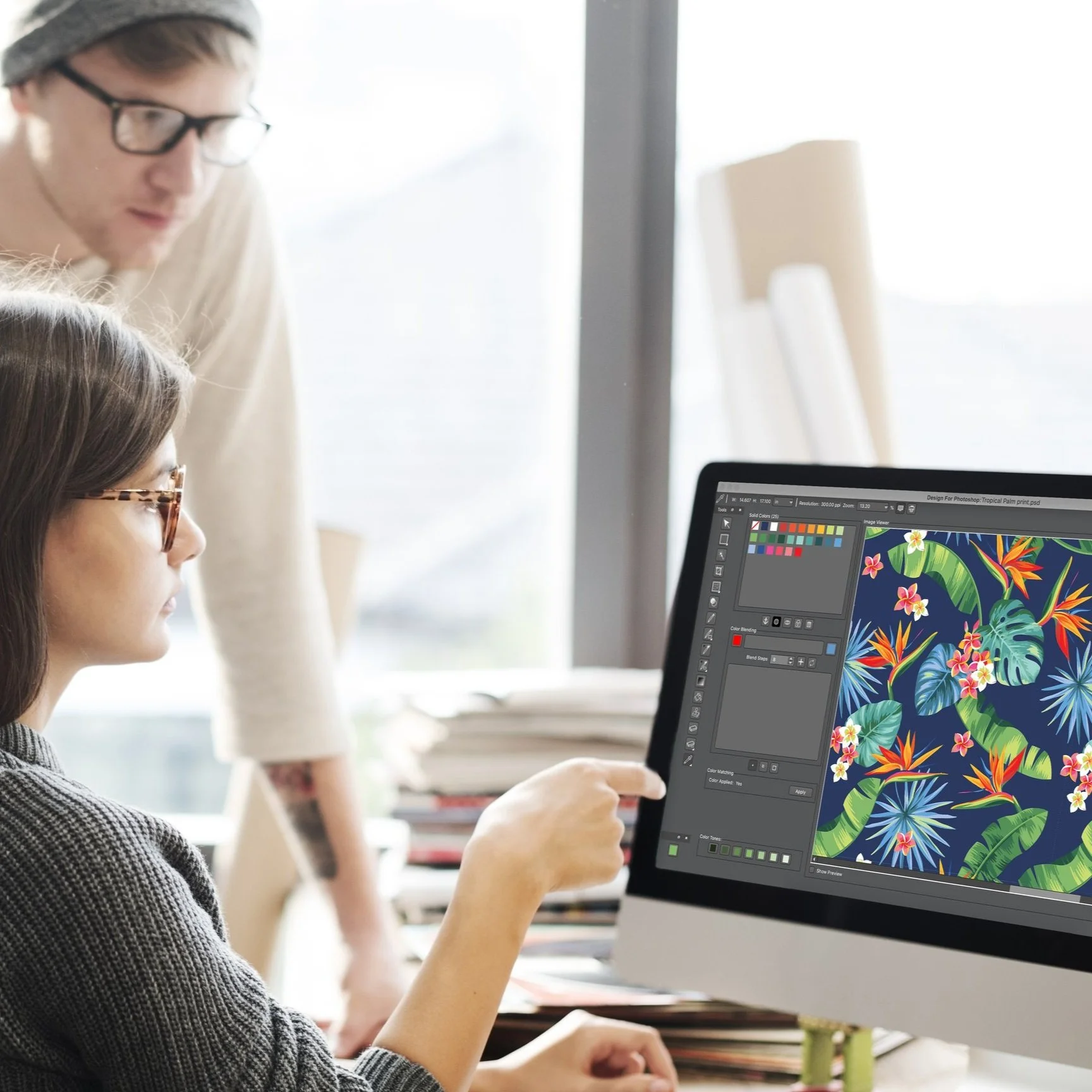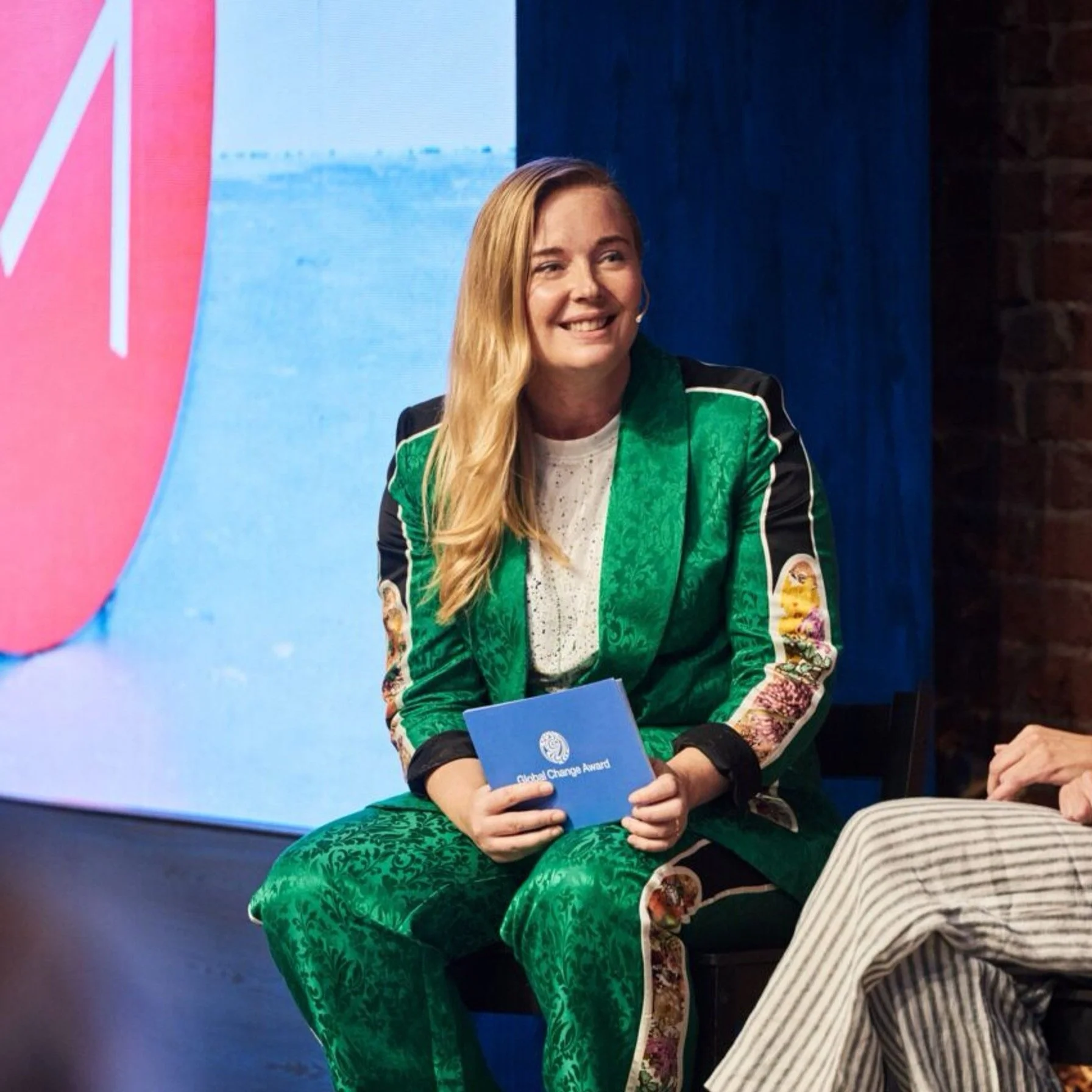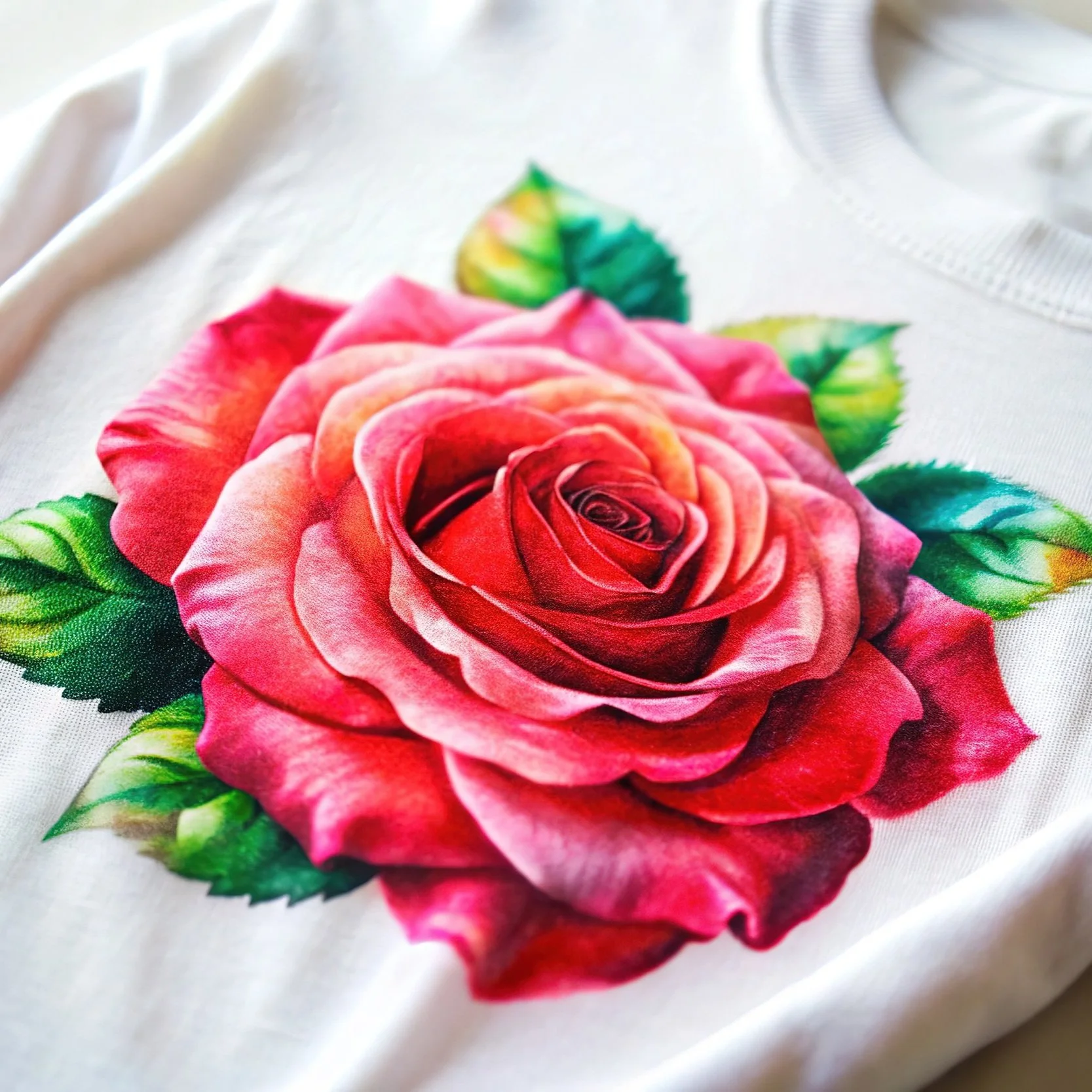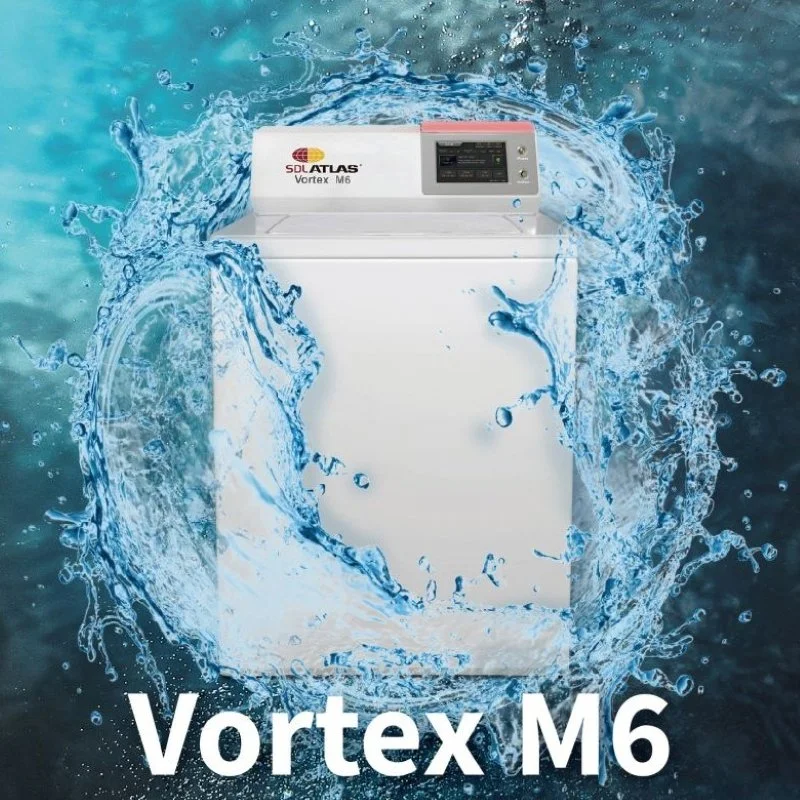TEXINTEL LIVE INTERVIEW - Innovations and Sustainability in Textile Printing: A Deep Dive into Epson’s Monna Lisa Series with Duncan Ferguson
Debbie McKeegan, CEO of Texintel, interviews Duncan Ferguson of Epson about the Monna Lisa textile printing series.
The Monna Lisa series, designed for direct fabric printing, has evolved from 8-head to 64-head printers, offering speeds from 150 mm/hour to over 700 mm/hour.
Innovations include integrating a camera into the ML16000 for accurate registration and the ML13000 for pre and post treatments, reducing water usage by up to 96%. Epson's inks are certified sustainable, meeting ZDHC and REACH standards (and others).
The discussion emphasises the importance of compliance, sustainability, and collaboration in the textile industry.
Watch to learn more >>
Join Debbie McKeegan, CEO of Texintel, as she interviews Duncan Ferguson of Epson to explore the latest innovations in the Monna Lisa textile printing series.
Key Takeaways:
Epson’s Monna Lisa series continues to innovate with features like integrated camera technology for precise registration and built-in pre/post-treatment processes, streamlining textile production.
The latest Monna Lisa printers significantly reduce water and energy consumption, supporting more sustainable and eco-friendly textile manufacturing.
All Epson inks are certified to meet evolving chemical regulations, ensuring compliance and safety for both manufacturers and end consumers.
The textile industry faces increasing demands for transparency and traceability, prompting brands to narrow supply chains and strengthen partnerships with trusted suppliers.
Software and AI-based solutions are emerging to help smaller textile businesses automate compliance processes, making regulatory adherence more accessible and efficient.
In this conversation, Debbie McKeegan, Brooke Roberts-Islam, and Anja Sadock discuss the critical topic of compliance in the fashion industry - focusing on the increasing number of regulations and the importance of data management in ensuring compliance.
They explore the challenges faced by smaller businesses in navigating these regulations and highlight the opportunities that arise from embracing compliance as a positive step forward.
The discussion emphasises the need for a structured approach to data collection and the importance of mapping supply chains to improve transparency and accountability.
Watch to learn more >>
In this conversation, industry experts from NedGraphics, Epson, and Adobe discuss the evolving landscape of the textile industry, focusing on the integration of technology in the printed supply chain.
Diving Deep into the production workflow, they explore the challenges designers face in an increasingly digital manufacturing eco-system.
The discussion highlights the role of software and automation in simplifying workflows, and the significance of embedding trust using technology. As the industry moves towards sustainable production, experts emphasise the potential for innovation and the importance of adapting and integrating new technologies.
Watch to learn more >>
Innovations and Sustainability in Textile Printing: A Deep Dive into Epson’s Monna Lisa Series with Duncan Ferguson
Join Debbie McKeegan, CEO of Texintel, as she interviews Duncan Ferguson of Epson to explore the latest innovations in the Monna Lisa textile printing series. This insightful conversation delves into advancements in digital printing technology, sustainability initiatives, and the future of compliance and transparency in the textile industry.
Watch to learn more >>
Mark Lewiecki, Senior Product Manager for Adobe's PDF Print Engine, discusses the release of version 7, which aims to streamline pre-press workflows by integrating more functions into the RIP, addressing the growing skills gap.
The new features include native consumption of Photoshop and Illustrator files, eliminating the need for manual conversions, which is particularly beneficial for the textile industry. This technology, embedded in leading OEM partners' solutions, enhances productivity and profitability by reducing errors and delays.
Adobe's consistent technology across the Creative Cloud ensures reliability and consistency throughout the workflow.
Watch to learn more >>
Debbie McKeegan interviews Matthew Faulkner of Canon about the innovative use of their Arizona and Colorado printers to refurbish a florist store in Oslo, Norway.
The project, a collaboration between Fiori and PS Press, involved transforming the store with printed surfaces, including wallpaper, mirrors, and a champagne cork ceiling - plus wrapping paper, and branding. All printed using Canon technology: UV gel for roll-to-roll printing and UV flatbed applications. The Fiori / Canon project utilised state-of-the-art technology to enhance the store's ambience and create a unique brand identity and demonstrated the durability and adaptability of printed materials, aligning with sustainability trends. The project won a Bronze medal in the Printeriors Awards 2025. Watch to learn more >>
Focussing of industrial scale technology for DTG (Direct to Garment) printing, Danny Gazit from Kornit Digital discusses their Apollo technology, a groundbreaking digital printing system addressing critical challenges in the screen printing industry.
In conversation Danny emphasises the system's potential to revolutionise screen printing by addressing current industry pain points through innovative digital technology.
Debbie McKeegan interviews Duncan Ferguson from Epson at FESPA, focusing on new smart technologies and innovations. Epson introduces the SureColor G6000, their first direct-to-film printer, offering roll-to-roll printing with bespoke Epson technology and a warranty. The printer aims to simplify the transition for customers familiar with Epson's products. Epson also highlights their spectrophotometer in the SD-10 for color management, accessible via a phone app. The SureColor F9500 dye-sublimation printer offers three six-color combinations, enhancing color options for various industries. Epson's dual ink system ensures continuous printing without downtime. The company emphasises customer feedback and continuous innovation to meet industry needs.
In this conversation, Debbie McKeegan and Mike Scrutton discuss the latest innovations in textile printing, focusing on Adobe's PDF Print Engine 7 and its impact on the Textile industry. They explore the challenges of colour management, the importance of automation, and the shift towards personalisation and on-demand manufacturing. The discussion highlights the need for efficient processes and the role of visualisation in meeting customer expectations, as well as the exciting future of digital printing technologies.
The Early.Vision system, called Match AI, allows users to upload an image of a garment they like, which is then converted into a print-ready design. Users can choose between all-over printing or tiled patterns. The software integrates with e-commerce and ERP systems, automating order management and nesting for efficient production. It handles different products and materials and prepares nested sheets for multiple orders, ensuring high efficiency and minimising manual intervention. The goal is to streamline the production process, making it fully automated from order to delivery.
We interview Dimple Patel - Chief Product Officer and Head of Global Marketing at Sawgrass Technologies.
Key Takeaways:
VersiFlex is a versatile printing solution that allows users to decorate multiple substrates (t-shirts, mugs, hard surfaces) with a single system and minimal investment.
The system supports three media types: sublimation paper, sublimation vinyl, and a patented VersiFlex light media with self-weeding technology. Users can print on various fabrics and materials, including polyester, cotton, organza, chiffon, and suede, without pre-coating.
The ink set includes a special expander that enables soft weeding and deep, RGB-based black printing across different colours and surfaces.
VersiFlex democratises printing technology, making it accessible to entrepreneurs, home crafter
Guy Yaniv discusses the Kornit Digital Apollo. A transformative digital printing solution that goes beyond traditional printing equipment, offering the Apparel garment decorator a game-changing technology for industrial production on-demand.
The Apollo delivers an agile, efficient and adaptive digital technology with the power to disrupt the Apparel screen printing industry.
In this interview Guy discusses: Market Potential, Innovation, Business transformation and Data Driven Insights.
Duncan Ferguson of Epson discussed the purpose of Epson's new innovation center in the Midlands, which focuses on demonstrating, testing, and training in digital printing technology. He emphasised the importance of involving the younger generation in the industry, as they understand digital technology better and can help revitalise the industry with new ideas and skills. Ferguson highlighted that digital printing, especially in textiles, is growing rapidly, and the industry needs to reshore production to Europe to improve sustainability. He also noted that over 90% of textile printing in the Como region of Italy is now digital, underscoring the shift towards digital technology in the printing industry.
Charlie de la Haye, Communications Manager at Epson, discusses the launch of Epson's new innovation center in Lutterworth, aimed at showcasing the benefits of print technology in the textile industry. The initiative also focuses on future-proofing the textile industry by educating and inspiring students about sustainable printing practices. De la Haye emphasised the importance of adopting environmentally friendly technologies and circular design to reduce the fashion industry's environmental impact. The event, attended by 21 Nottingham Trent University students, highlighted the need for quality and circularity in business practices to ensure long-term sustainability and stakeholder trust.
Debbie McKeegan hosts an insightful interview at the Epson Innovation Centre, where a final-year textile design student from Nottingham Trent University explores the intersection of creativity, print and sustainability.
Meet Iona, a final-year textile design student from Nottingham Trent University, who's passionate about revolutionising the industry with her specialisation in print. Join us as we explore her journey, insights into sustainable practices.
Discover how the next generation is shaping the future of fashion and textile design, and hear firsthand how Iona's experience at the Epson Innovation Centre is paving her path forward. Whether you're a seasoned professional or a curious newcomer, this interview is a must-watch for anyone interested in the evolving landscape of design and sustainability. Listen to learn more >>
Debbie McKeegan hosts a roundtable discussion with Guy Alroy of Early.Vision, Oliver Mustoe Playfair of Prinfab and Phil McMullin of Epson UK. Their discussion explores the paradigm shift in the fashion industry from fast fashion to personalised fashion, highlighting the challenges, solutions, and benefits for the manufacturing community. Looking at all aspects of production to share their knowledge and expertise on how automation software in tandem with smart technology offers a solid solution for optimised apparel manufacture. Experts from Printfab, Epson, and Early Vision share insights on the role of technology, sustainability, and the future of apparel production. Listen to learn more >>
In conversation with Texintel CEO - Tarunpreet Rai, Corporate Sustainability Manager at Epson UK discusses the Water Silks Fashion Project. Highlighting the environmental impact of the fashion industry, particularly the use of 18,000 litres of water to make one pair of jeans, equating to 24 years of drinking water. Epson partnered with Green Story and Patternity to create four silk scarves, each representing a European waterway using Epson's Monna Lisa digital print technology to reduce water consumption by 96%.
At the Heimtextil event in Frankfurt, 2025, Debbie McKeegan interviews Frank Maeder, President of NedGraphics and Optitex and discusses the importance of creativity, productivity, and sustainability in the home textile industry, particularly in interior decor and furnishings. They highlight the integration of artisan techniques with modern technology, emphasising the role of technology in enabling creatives to work efficiently. The conversation also touches on the significance of colour management, noting a trend towards neutral tones and the challenges in accurately reproducing these shades. The speakers agree that technology should alleviate industry pain points, allowing creatives to focus on their craft without technical hurdles.
At the Heimtextil event in Frankfurt, 2025, Debbie McKeegan interviews Frank Maeder, President of NedGraphics and Optitex and discusses the importance of creativity, productivity, and sustainability in the home textile industry, particularly in interior decor and furnishings. They highlight the integration of artisan techniques with modern technology, emphasising the role of technology in enabling creatives to work efficiently. The conversation also touches on the significance of colour management, noting a trend towards neutral tones and the challenges in accurately reproducing these shades. The speakers agree that technology should alleviate industry pain points, allowing creatives to focus on their craft without technical hurdles.
Richard and Rebecca Haley from Haley Studios discussed the resurgence of artisan craft and maximalism in the design industry, emphasizing the demand for textured, hand-crafted murals. They noted a shift away from flat, digital designs towards more tactile, imperfect pieces. Wallpapers, particularly murals, are a significant market for them, with a growing interest in high-profit, unique designs. They highlighted the importance of substrate variety and the evolution of digital printing to enhance design aesthetics. Haley Studios launched their own brand of murals, aiming to balance commercial viability with creative integrity, focusing on high-quality, impactful designs.
At the Heimtextil event in Frankfurt, 2025, Karlos Gordobil of AVA CAD CAM discusses the latest innovations in their software suite. Key updates include a modern, intuitive interface, AI-powered design tools, and a shift to continuous release for faster customer feedback. Now with cloud keys for flexibility and newly introduced live chat for immediate customer support. The new features aim to enhance productivity for designers and industry practitioners. AVA has been exhibiting at Heimtextil for nearly 20 years, emphasising the importance of digital tools in an industry where 90% of printing remains traditional/analog. The integration of digital and traditional printing methods is crucial for seamless production across the supply chain.
Chris Govier from Kornit Digital shares textile Industry Insights and explores their latest collaboration with Niso, a furniture manufacturer from Tel Aviv, at Heimtextil 2025. Kornit's digital ink-jet technology allows for unique xDI (extra dimensional) printing directly onto various fabrics, including both cellulose and synthetic materials, leather and textured textile surfaces - creating new - innovative applications across the interior decoration landscape of design. This collaboration showcases 3D printing on vegan leather and luxury, sustainable woven substrates. Kornit technology enables virtual design and product prototyping for on-demand production at any volume - reducing overproduction and waste, which is significant in the home decor and fashion industries.
At Heimtextil 2025, Debbie McKeegan, CEO of Texintel interviews Luca Bruson of Fotoba about their collaboration with Canon. Fotoba showcased their integration of the Colorado series and Fotoba systems, enabling on-demand manufacturing with multiple printers and a single cutting system. They demonstrated a jumbo roll system capable of holding 400 kilograms of media, with a print run of 700 to 1000 meters. The XLA cutter, which reads barcodes and positions blades automatically, ensures precise cutting with a tolerance of 0.068 millimeters. This technology, which supports both mass and bespoke production, is noted for its low electric consumption and environmental benefits.
Kateryna Basiuk from Lucerne University of Applied Sciences and Arts presented her bachelor work, "Silent Canvases," which involves creating upholstery for acoustic panels from recycled denim. The project, part of a research department initiative, uses knitting techniques inspired by acoustic camouflage in moth wings. The recycled denim yarn, sourced from properly serviced textiles, is used to weave fabrics that can be attached to acoustic panels without glue. This approach promotes circularity by integrating multiple materials into a single, easily recyclable product. Basiuk won a competition, Creative Visions: at Heimtextile 2025 for this innovative work.
This conversation explores, and explains the innovative TRAPIS transfer printing technology developed by Mimaki, focusing on its use of pigment inks and sustainable printing practices. The discussion covers the evolution of printing processes, the differences between TRAPIS and Dye Sublimation, and the importance of partnerships, and collaboration in developing this advanced technology. The potential applications and market opportunities for TRAPIS are discussed, along with environmental benefits and the future impact on the printing industry.
In this video podcast, Debbie McKeegan interviews Frank Maeder, president of NedGraphics and Optitex, discussing the evolution of textile design, the integration of technology, and the importance of sustainability. They explore how designers' roles have changed, the impact of digital tools like NedHub and their latest software release, plus the necessity of partnerships in the industry. The conversation also touches on the future of AI in design and the need for seamless workflows to enhance creativity and efficiency. Listen to learn more >>
"“GREEN GRADS is an inarguable double whammy: promoting new talent and the environment at one and the same time. Our forward-looking outward-facing sponsors publicly affirm their support of these two vital causes.” Barbara Chandler, founder/curator GREEN GRADS"
Conor has invented “seaweed leather,” a versatile, durable and sustainable biomaterial based on kelp, which is both regenerative and abundant in Scotland, where he studied and lives. Conor worked with Scottish seaweed experts and event organisers to explore and test his new material building a segment of a modular, scalable pavilion for outdoor events such as festivals. “Such temporary structures are typically made from extractive materials and generate significant waste,”
"In this conversation, Cary Sherburne of What They Think, USA interviews Michael Cherwinski, co-director and producer of Green Grads, discussing the initiative's mission to support new design talent and foster a community among graduates. Michael shares his background in ceramics and public engagement, emphasising the importance of networking and collaboration among designers. The conversation also highlights the strategies used to attract attention from journalists and investors, focusing on the strength of the products showcased by Greengrads."
Winner of the "THE EARTH AWARD 2024" Yohaan Kukreja and Ankita Khanna RAWMaterials (Renewable Agricultural Waste) “A bio-composite, which is a sustainable, circular alternative to synthetic materials, made from the rice straw otherwise burnt in huge quantities every year by farmers in India.” interviewed by Cary Sherburne of What They Think. The judges commended the passion that Yohaan and Ankita bring to their project, starting with a moving video that shows fields ablaze. They felt that RAWMaterials goes one step further than creating a material from waste; it is also a protest against deadly air pollution and soil degradation. The designers also have a credible business plan to target several industries, including footware, hotels and cars.
In this conversation, Cary Sherburne of What They Think interviews Saima Fateh - “The Transence Screen” This clever window blind is a new concept of "responsive sun-shading” which needs no electrical connections. The elegant translucent acrylic louvres panels contain a "smart" material called Nitinol, an alloy which changes shape as it gets hot, and reverts back as it cools down. Furthermore, the louvres are printed with photochromic patterns that shift from white to orange as solar radiation increases, creating pretty patterns on the wall – “but also flagging up invisible threats.” Research data came from Saima’s own home town of Udaipur, Rajasthan – “a semi-arid region with hot, dry summers, mild winters, and large temperature fluctuations between night and day.” Saima has a richly diverse design background – “my experience ranges from utilitarian products to craft-based sculptural installations.” Accordingly, she believes in “pluralist design” and adds: “Don’t think of me as either a designer or a craftsperson. To me design is simply ideas made visible.”


















